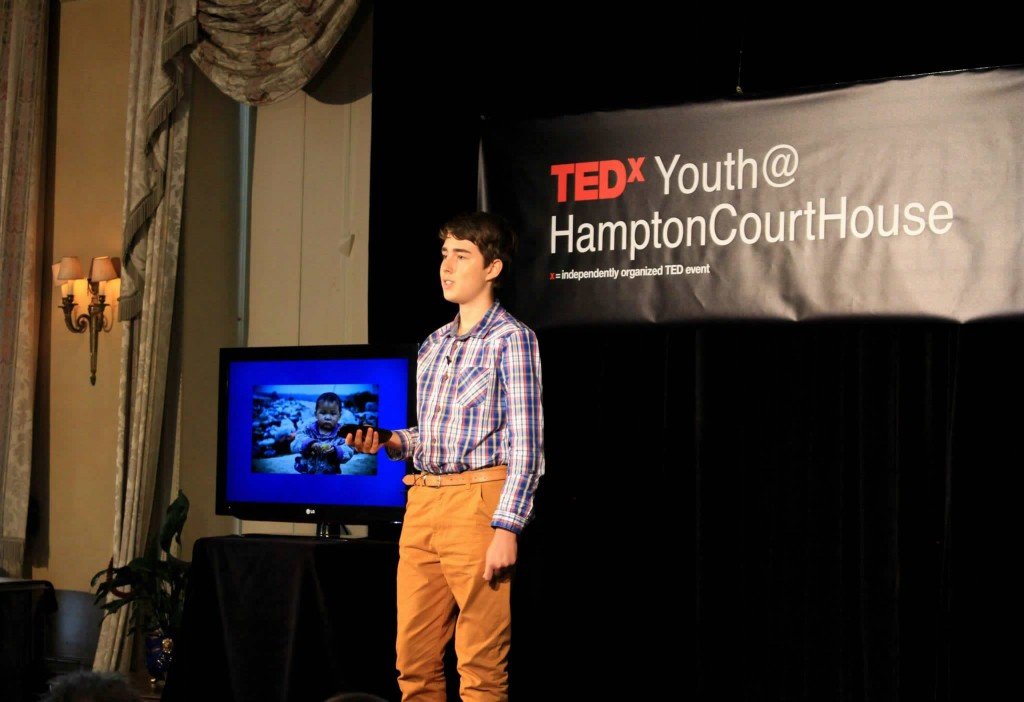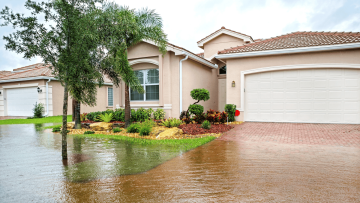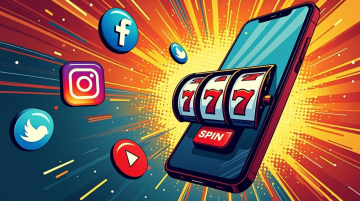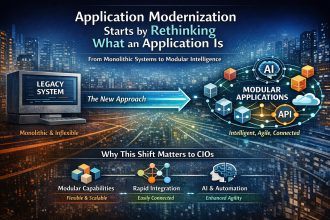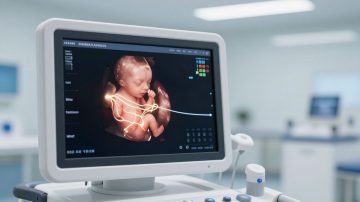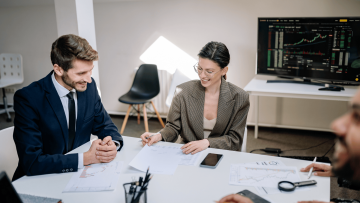Are there any sponsors or funders that you are keen to work with and what would be the benefit for them to be involved at this stage?
Paul: Yes, we’re talks with a large company. We ‘re really looking forward to working with them because they have a lot of integrity and think long-term, and have the resources to really work strategically with us over the next 20-30 years.
What is your long-term vision for EnSo?
Paul: We want to create a multi billion dollar business that really impacts people and their environment positively.
Ayrton: At the moment, the big brands in Africa are Safaricom, Coca-Cola, PicknPay, and one of two others. We aim to be a household brand in Africa, and eventually also in Asia, especially India.
Ayrton Cable speaking at TEDx, Hampton Court HouseIn what ways are you planning to use technology to create your SMART communities?
Ayrton: Technology is a key part of our approach, though we’re not technically a technology business. Tablet based edtech has transformed learning, and brings world-class instruction to those earning just a few dollars a day.
Paul: Likewise, the advances in solar technology that BBOXX and others have managed is bringing tremendous clean energy benefits to people who previously only had access to expensive and toxic kerosene.
Mobile technology is very much a growing industry in Africa, how will you integrate mobile technology in your schools and communities?
Paul: Yes, it’s amazing how fast smart phones are spreading across Africa and replacing the nearly a billion 2G dumb handsets. We’ll be leveraging this in a lot of ways: parents will get school reports and heath reports via email, and eventually via an EnSo app.
Ayrton: We’ll also be leveraging social media in a content-based marketing strategy, really giving people a lot of value with free tips on how to support their child’s studies and health, distributed on Facebook, Whatsapp and Instagram in particular.
Paul Vincent Cable at Hampton Court HouseWith such an emphasis on technology on your communities how will you use big data to grow and develop EnSo?
Paul: Yes, understanding peoples’ needs is really critical, and we plan to leverage big data to do that. That way, we can constantly refine our offering and give people the best services we can. Our edtech partners Whizz Education use a lot of big data.
Ayrton: We’ll also use big data to help us locate the SMART Communities in the right places. It’s important for us to understand where the population is dense is enough to really make a SMART Community viable.
Are there any plans on using innovative fintech into your model for the benefit of your community members?
Paul: Yes. An important part of our fintech approach is people paying via mobile money e.g. M PESA in Kenya and other East African countries. We can make things much more efficient that way, rather than using cash.
Ayrton: We’ll also pay our staff using mobile money. Having less cash around helps to prevent thefts.
What makes your SMART schools particularly suited for the integration of edtech into their classrooms?
Paul: Thanks to the massive drop in tablet prices, we can now afford to have every child use a tablet computer every day in the classroom. Because the software is so crucial, we’ve spent a lot of time curating top quality software, such as Whizz Education, so that the children have access to the same material being used in elite schools in the UK.
Ayrton: We’ll also use solar energy to charge the tablets. Relying on grid electricity is too risky because of all the power cuts!
Ayrton Cable speaking about ethical food at the Seeds and Chips conference in Milan. May 2016.When did you first become interested in education?
Paul: For me, it’s been a lifelong thing. It’s been clear to me for a long time that education is the biggest leverage point to impact societies.
Ayrton: That’s why education is central to the creation of our SMART communities. It’s in the education system that you can get the most sustained access to people, whether they are children or adults, and so through that you can really make a difference.
Do the EnSo schools follow a particular philosophy or ethos?
Ayrton: Yes, we mentioned the I -C.A.R.E. values earlier. We feel that’s really the key to having a world that works – that’s sustainable and peaceful.
Paul: That ethos carries through into the way the teachers are recruited and trained, the curriculum, and also into how we recruit and train other staff, such as the saleswomen, and the back office staff. For us, it’s key that the ethos is kind of part of the molecular structure of the organization.
You mentioned, “girls and women empowerment” why do you see this as being so important in Africa and can you elaborate on how you aim to achieve this?
Ayrton: Girls and women suffer disproportionately from poverty and low income environments. Girls often drop out of school early because of lack of sanitation in their school, and family pressure to work at home. The evidence is clear that helping girls have a thorough education is critical not just for their wellbeing, but for the whole country.
Paul: Indeed. We’ll also be focusing on hiring female staff, both in the schools and on the retail end, because there’s phenomenal untapped talent amongst women.
EnSo’s model for the first smart communities in Kenya, with plans to expand throughout sub-Saharan Africa and the Indian subcontinent.In a continent where health is such an important topic, how are you planning to support people living in your SMART communities?
Ayrton: One important way is by providing health checks for the children in our schools through our Healthy Schools programme with Access Afya. Children will get a termly health check, deworming, and weekly visits from the clinical officer.
Paul: Our partnership with Unilever is also important here because it means both our children and parents and other people in the community can access Lifebouy soap, as well as Omo detergent and other hygiene products. Our safe water distribution, modelled on the IFC’s blueprint, is also key here. At some point, we’ll extend into complete health clinics for the entire community.
You mentioned solar energy, is clean energy an important part of your model?
Ayrton: For sure. This is partly to solve the kerosene poisoning issue we mentioned earlier, in which people breathe in kerosene at home and suffer a lot sickness as a result – upper respiratory sicknesses, ataxia, convulsions etc.
Paul: Another part of it is doing what we can to fight climate change. It’s a great opportunity, because Africa has massive energy needs, and we can help meet as much of that with renewables as possible!
Thank you to Paul Cable and Ayrton Cable for their time answering our questions and giving us an insight into what promises to be a truly disruptive social enterprise. We look forward to seeing the very first smart community in Nairobi, Kenya in 2017.
By Alexander Aranda, IntelligentHQ CIO
Related Links
- EnSo Smart Communities
- Ayrton Cable on Wikipedia
- Avanti PLC
- Whizz Education
- Access Afya
- BBOXX

Founder Dinis Guarda
IntelligentHQ Your New Business Network.
IntelligentHQ is a Business network and an expert source for finance, capital markets and intelligence for thousands of global business professionals, startups, and companies.
We exist at the point of intersection between technology, social media, finance and innovation.
IntelligentHQ leverages innovation and scale of social digital technology, analytics, news, and distribution to create an unparalleled, full digital medium and social business networks spectrum.
IntelligentHQ is working hard, to become a trusted, and indispensable source of business news and analytics, within financial services and its associated supply chains and ecosystems
